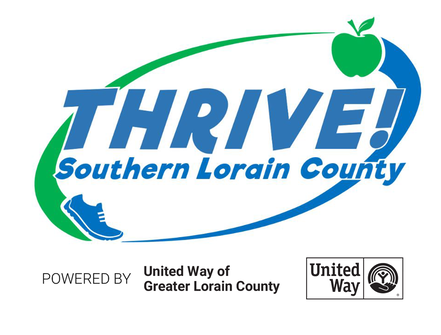Fast Food: Healthier Options
By Libby Showalter, MS, LD, RD

People often assume that there are no healthy fast food options. A growing number of fast food chains are now offering some healthier choices.
For breakfast, choose a parfait, oatmeal, or a whole-grain cereal with
skim or 1% milk.
Grilled chicken is a healthier option than fried chicken. Many chains offer grilled chicken salads, wraps,
and sandwiches.
Garden salads topped with a variety of vegetables, nuts and fruit are loaded with phytochemicals, vitamins and minerals. Choose a low fat dressing and use sparingly.
For breakfast, choose a parfait, oatmeal, or a whole-grain cereal with
skim or 1% milk.
Grilled chicken is a healthier option than fried chicken. Many chains offer grilled chicken salads, wraps,
and sandwiches.
Garden salads topped with a variety of vegetables, nuts and fruit are loaded with phytochemicals, vitamins and minerals. Choose a low fat dressing and use sparingly.
|
Nothing tastes better than a bowl of soup on a cold day. Choose broth-based soups like chicken noodle or minestrone soup. Cream-based soups, like baked potato soup, tend to be higher in fat and calories. |
If visiting a sub shop, choose a turkey or a veggie sub with a variety of veggies and a low fat dressing instead of mayonnaise. Instead of choosing french fries as a side, try fruit, carrot sticks, a side salad, or baked potato chips. Opt for a veggie burger in place of a regular burger. Try a burrito bowl filled with brown rice, grilled chicken, beans, and veggies. Home-prepared meals are best, but it is nice to know that there are some healthy options when on-the-go. |
THRIVE! Southern Lorain County is one of 10 Community Collaboratives powered by United Way of Greater Lorain County that are working to improve the health, education, and financial stability of all residents in our communities.
THRIVE! Southern Lorain County
Telephone: 440-987-9182
Email: thriveloraincounty@gmail.com
Facebook: www.facebook.com/thrivesoloco
Telephone: 440-987-9182
Email: thriveloraincounty@gmail.com
Facebook: www.facebook.com/thrivesoloco



